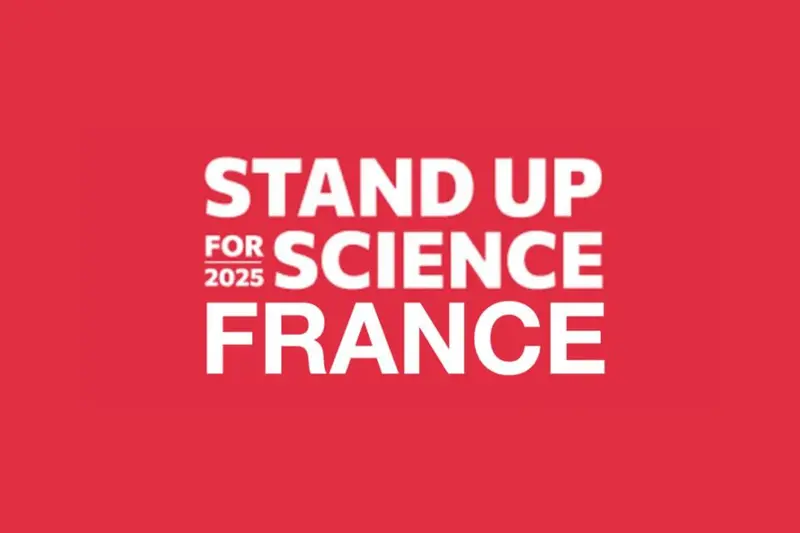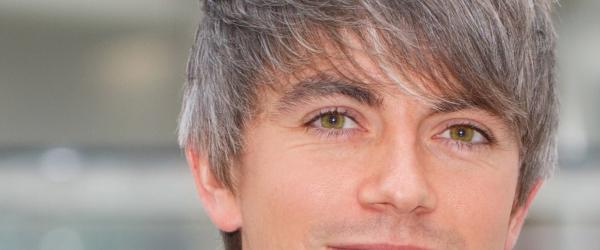Les séminaires du Lundi ont le plaisir d’accueillir Hippolyte GROS (Maître de Conférence qui vient de rejoindre l'équipe DEPHY)
Quand : le 9 Septembre de 11 h à 12h.
Où : Salle 9-050 – Bâtiment 9 – Campus Marseille St Charles
Accueil café 15 minutes avant.
*** Title: Counting on context: Investigating the role of semantic congruence in learning arithmetic word problem solving
Abstract:
Learning to solve arithmetic problems requires developing the ability to see beyond their surface features and to identify their abstract structure. However, we argue that individuals across all age groups, from children to expert mathematicians, struggle with engaging in decontextualized mathematical reasoning. We introduce a conceptual model of semantic congruence to describe the crucial role of general, non-mathematical knowledge in shaping individuals' representations of math problems. Through a series of studies involving arithmetic word problems, we investigate predictions from this model regarding the interplay of mathematical and world semantics in the encoding, recoding, and solving of arithmetic word problems. By analyzing behavioral and physiological data including strategy choice, drawing production, problem categorization, pupil dilation, eye movements, and false memories, we identify key sources of difficulties learners encounter when solving arithmetic problems. Reflecting on the educational implications of these findings, we mention some of the lines of research we are currently pursuing in the hopes of promoting transfer and flexible problem solving in classroom settings.

